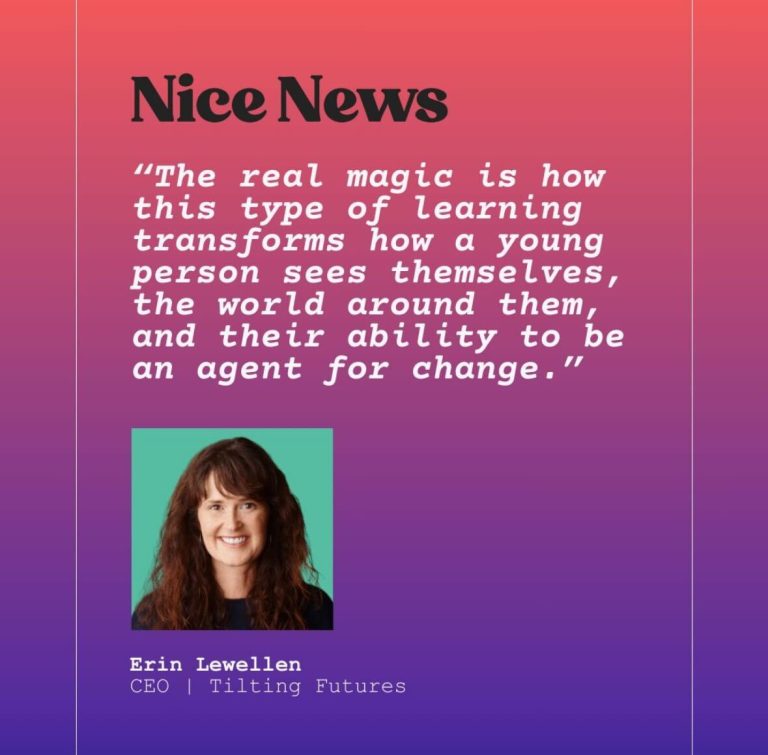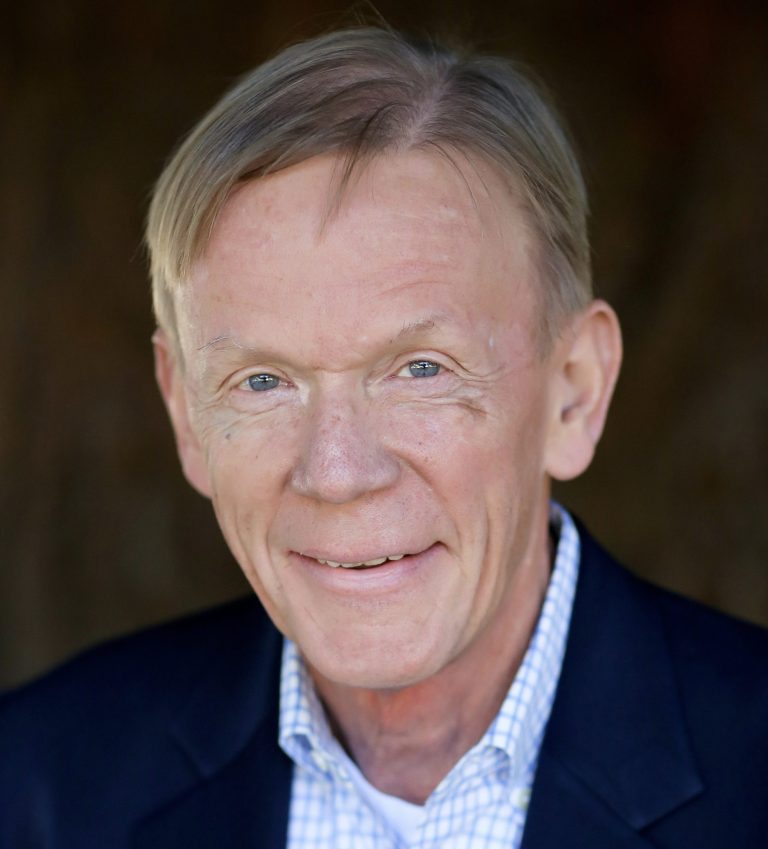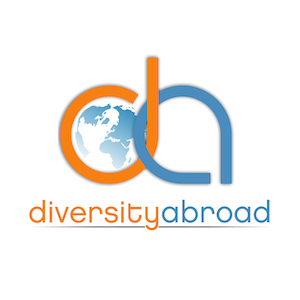by Patricia Corrigan , j. correspondent
When Abby Falik graduated from high school in 1997, the Berkeley teen wanted “to do something in the world” — to provide some type of humanitarian service — before heading off to college. But no such program was available.
Today there is, and Falik started it.
In 2009, Falik founded Global Citizen Year, a nonprofit based in Oakland that provides “a transformational bridge year” between high school and college. Students work as apprentices at schools, health clinics and farms in Brazil, Ecuador, India and Senegal, and may receive college credit.The organization is exactly what Falik, now 36, had in mind for herself 18 years ago, before “gap years” and “bridge years” were a thing. And it may be even more relevant now.
“You see articles daily about the value of college, questioning the return on the investment, and you see reports that mental health among college students is at a historic low,” said Falik, who lives in Oakland.
“A bridge year is a time for students to pause, to learn about themselves in the world. It’s an accelerant, a launching pad, that transforms how they approach college and the rest of their lives.”
Ten students were accepted as fellows in the class of 2010. This year, 100 are taking part, and the program has more than 350 alumni from 40 states, including about 50 from the Bay Area (for more information, visit http://archive.globalcitizenyear.org).
The program attracts “pioneering kids, kids motivated to have real-world experiences” that will help them figure out how to find their purpose and have a meaningful life, Falik said.
Global Citizen Year also has attracted partners, including Tufts University, the New School and United World College. Investors include the Ford Foundation, the Draper Richards Kaplan Foundation, the Hewlett Foundation, the Bechtel Foundation and Harvard Business School.The S.F.-based Jewish Community Federation’s innovation committee has allocated a two-year grant of $150,000. “Abby is changing the way America is thinking about higher education and about ways to build leadership,” said David Katznelson, the federation’s director of strategy. “We are so glad to help her create an avenue for Jewish students.”
With support from the federation, Falik now will actively recruit more Jewish students and develop additional training aligned with Jewish values. And as a side benefit, a Jewish fellow might give his or her non-Jewish host family a little sample of Passover, Shabbat or some other holiday or ritual.
Falik, who went to Camp Kee Tov in Berkeley as a kid and became a bat mitzvah at Congregation Beth El in Berkeley, already has observed students’ Jewish identity coming into clearer focus while in the program.
Eli Chanoff, a Bay Area resident now studying at Oberlin College in Ohio, spent a year as a fellow in Senegal. In a blog post, he wrote:
“I’m usually not one for prayer, but while in Senegal I’ve frequently said the Shehechiyanu, a thank you to God for bringing me safely to the present moment — connecting me with Jews around the world who are going through new experiences.”
The 10-month program includes a month of orientation, eight months under the supervision of a local leader in the assigned country and a re-entry period. Tuition is $30,000. About one-third of students pay the full cost, one-third pay about half and one-third receive full scholarships, Falik said.
Her idea for the program was “a slow cook.” After earning a master’s degree at Stanford University and after a decade working in education and global development, she enrolled at Harvard Business School.
There, her plan for a global bridge year won the school’s “Pitch for Change” competition. More recently, Ashoka, an international nonprofit that recognizes leading social entrepreneurs, bestowed its Ashoka-Cordes Innovator Award on Global Citizen Year.
Shira Levine, volunteer chair of the federation’s innovation committee, said, “The Ashoka award is the nonprofit Nobel. Abby is a national leader and a force of nature.”
With her program in place, now Falik wants to help shape the national conversation about high school graduates’ path to higher education.
“Right now, .02 percent of kids defer college, and we want to make the bridge year the new normal,” she said. “We are a hair ahead of our time, but 10 years from now, the bridge year will be a new rite of passage. We want to play a leading role in shaping that.”



